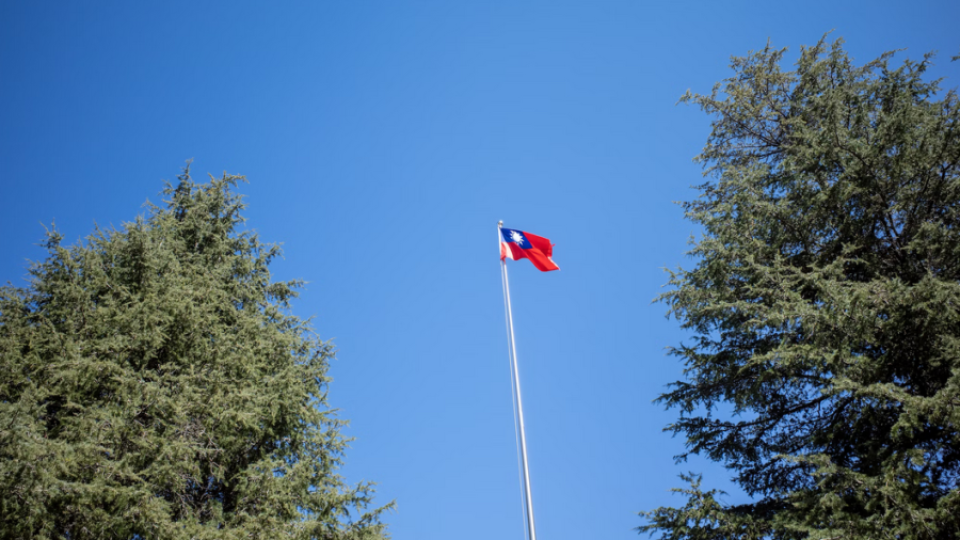January 8, 2024
TAIPEI – In less than a week’s time, on Jan 13, some 19.5 million Taiwanese will vote for their next president in a critical election that would have implications for regional stability.
They will also be voting for lawmakers in the 113-seat legislature at nearly 18,000 polling stations across Taiwan.
Incumbent President Tsai Ing-wen of the Democratic Progressive Party (DPP) will step down in May after a two-term limit.
Standing for election to replace her are current Vice-President Lai Ching-te of the DPP, Mr Hou Yu-ih of the main opposition Kuomintang and Dr Ko Wen-je of the Taiwan People’s Party (TPP).
Mr Lai, a former doctor, has been in politics for nearly 30 years and has represented Tainan, in southern Taiwan, first as a legislator and later as its mayor.
Mr Hou, the former chief of Taiwan’s police force, entered politics 14 years ago as deputy mayor of New Taipei City, while Dr Ko, a former surgeon, made his political debut when he successfully ran for the Taipei mayoral seat in 2014 as an independent candidate.
Taiwan’s relationship with China is an existential issue that the Taiwanese have had to grapple with, especially during elections to choose their next top leader.
China regards the separately ruled Taiwan as part of its territory to be reunified – through force if necessary – while most Taiwanese prefer the status quo.
Mr Lai and Mr Hou represent parties that take opposing views of relations with China.
Mr Lai and the independence-leaning DPP assert that Taiwan and China are not subordinate to each other and do not recognise the so-called “92 Consensus” which posits that there is one China across the Taiwan Strait.
In contrast, Mr Hou and the KMT recognise the 92 Consensus. In an interview with Taiwan’s China Times newspaper published on Jan 5, Mr Hou even promised to start talks with China within a year if he was elected.
Meanwhile, Dr Ko, who touts himself as an alternative to the KMT and the DPP, favours exchanges with China, saying that people on both sides are one family.
The Sunday Times profiles the three men competing to lead Taiwan for the next four years.
Lai Ching-te: Presidential front runner vows to keep status quo with ‘Tsai Ing-wen 2.0’ policies
Mr Lai Ching-te’s late mother hoped he would become a doctor.
So when he announced in 1996 that he planned to give up his medical career to enter politics, she protested, eventually agreeing only because she was convinced that he would not find much success in the political arena.
Ko Wen-je: The improbable politician popular with young voters
In a political landscape long dominated by two parties, a surprisingly viable third force has emerged in Taiwan in the form of a socially awkward father of three with a penchant for courting controversy.
Known for being brash and candid – though some would say offensive – Taiwan People’s Party (TPP) presidential candidate Ko Wen-je is far from your typical politician.
Yet, the 64-year-old former surgeon, who hung up his medical coat to enter politics in 2014, has managed to attract hordes of loyal, and typically younger, fans attracted by his straight-talking ways and savvy social media campaign strategy, which includes a viral music video of him rapping.
Hou Yu-ih: Former Taiwan top cop banking on his record of bravery, popularity as mayor
When notorious Taiwanese murderer and rapist Chen Chin-hsing held a South African military attache and his family hostage in their Taipei home back in 1997, Mr Hou Yu-ih, then a policeman, played a pivotal role in resolving the crisis.
He spoke with Chen, and built up enough rapport to calm him down and eventually rescue the hostages, including a seven-month-old baby.
News footage of Mr Hou, with blue helmet and bulletproof vest delivering the baby into safe hands, became one of the most memorable images of this infamous episode.

